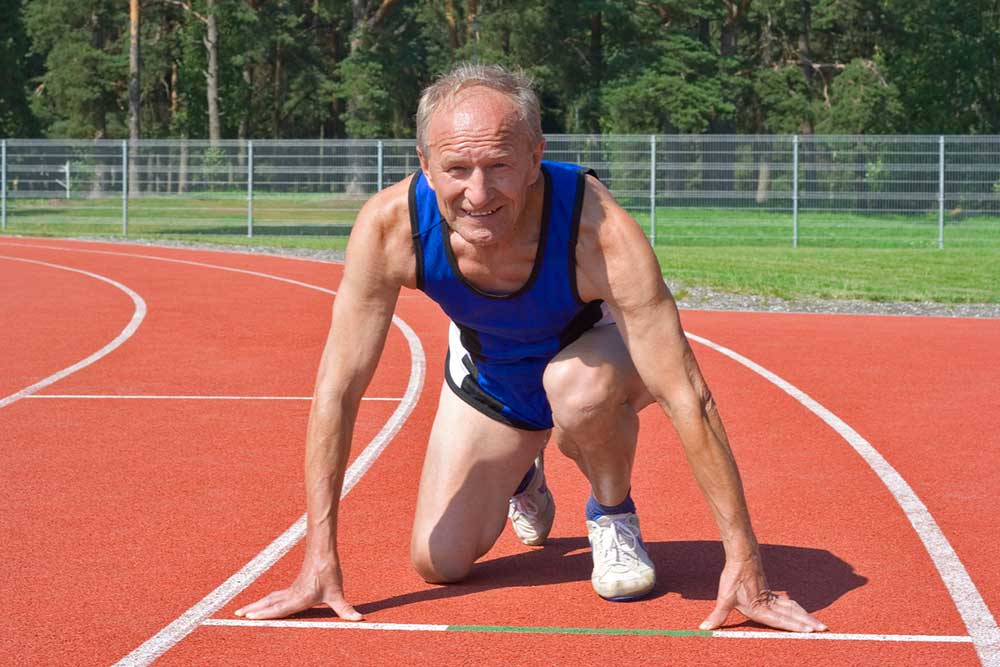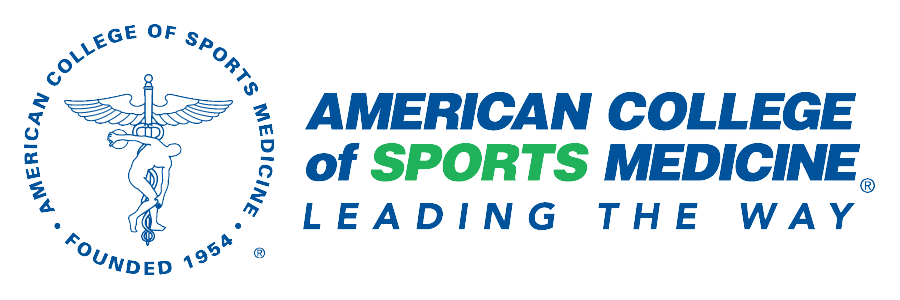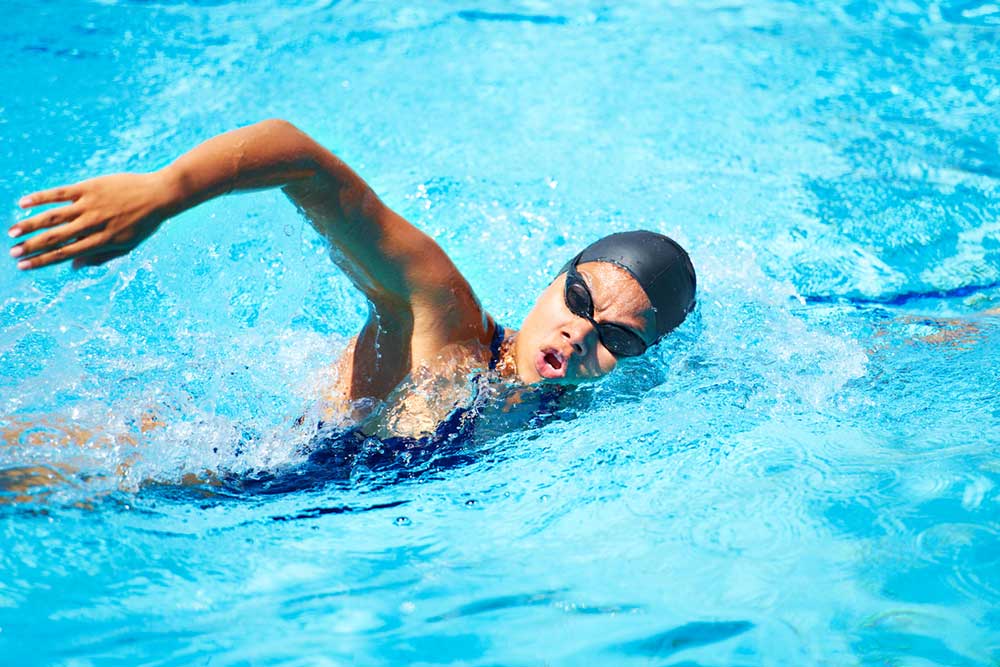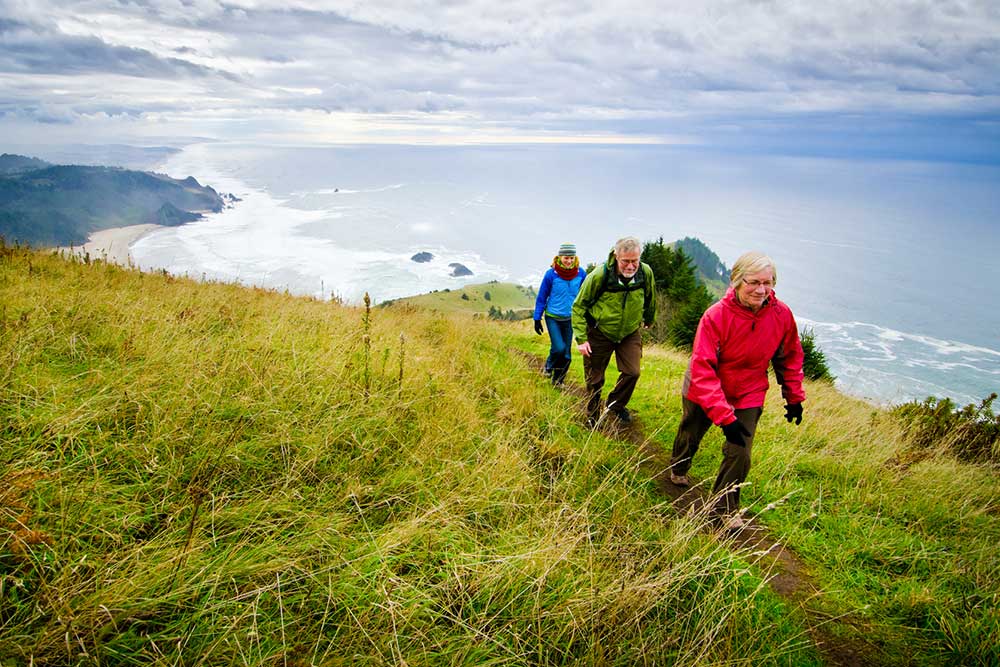Alzheimer’s Disease- Could Irisin Be the Cure?
Hunter Bennett The one thing that strikes fear into the hearts of most people on this planet is the prospect of losing their mental capacity, such as having Alzheimer’s. To be honest, I am no different. Let’s face it, it’s terrifying. Now, most of you would appreciate that if you don’t actively try and maintain









